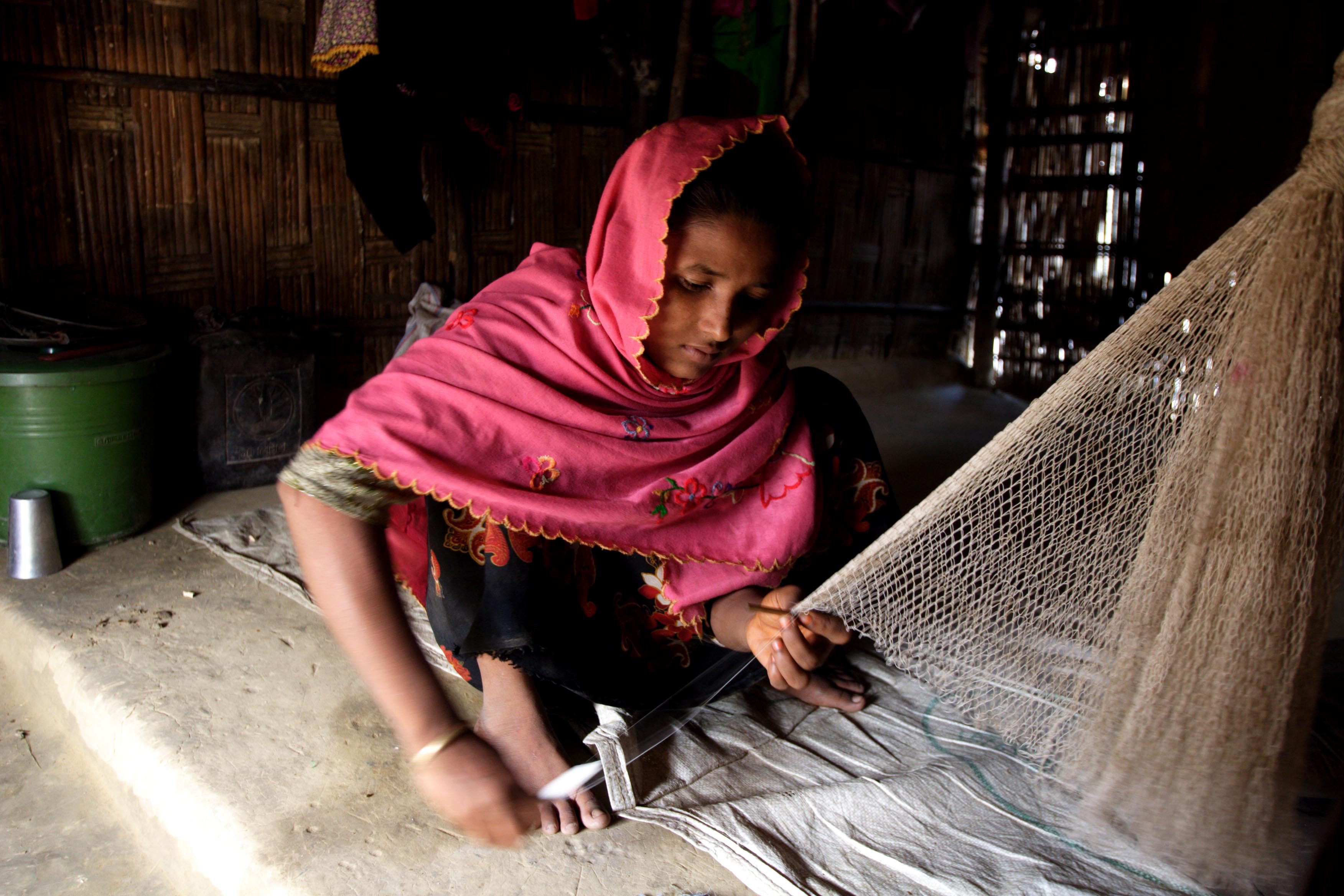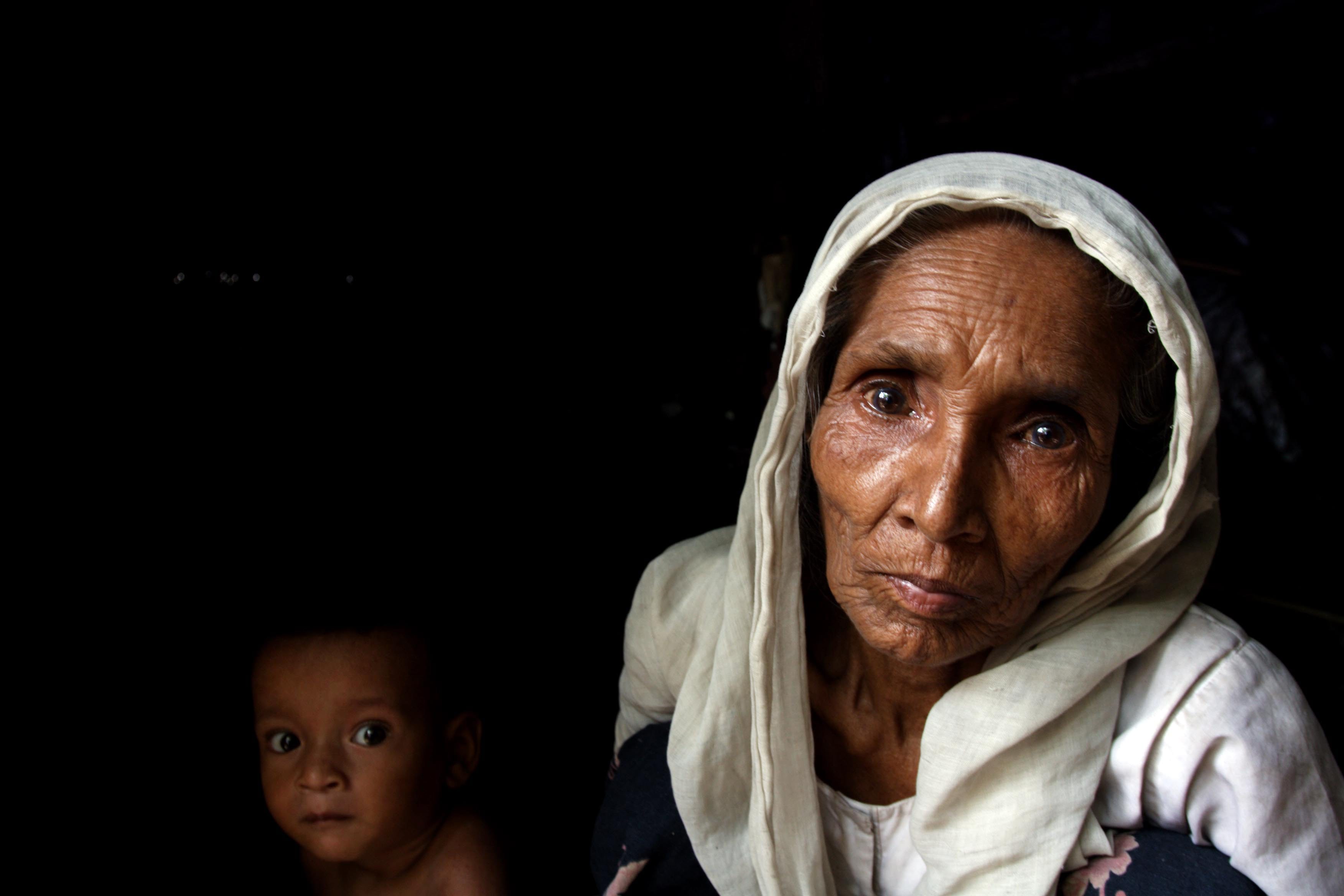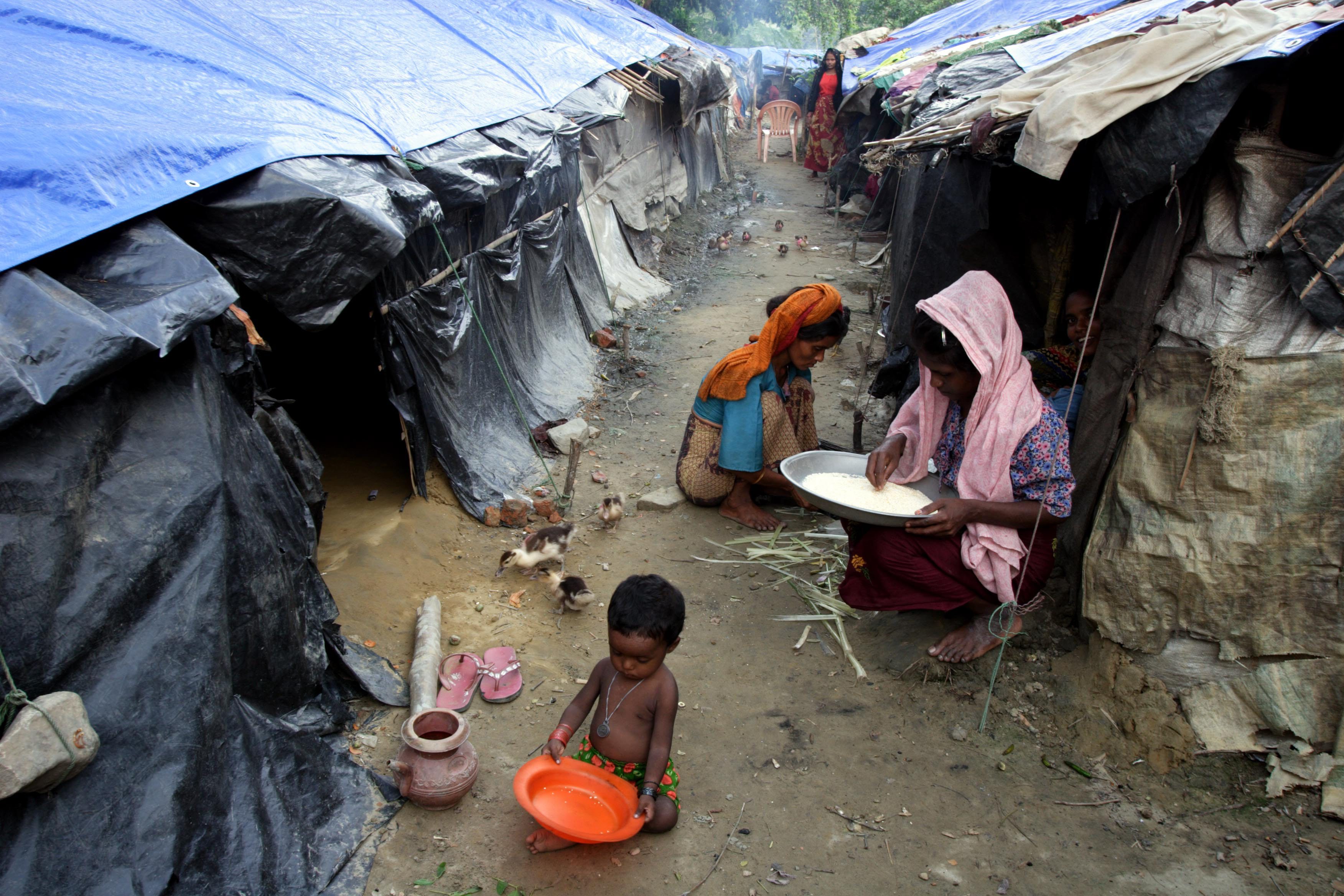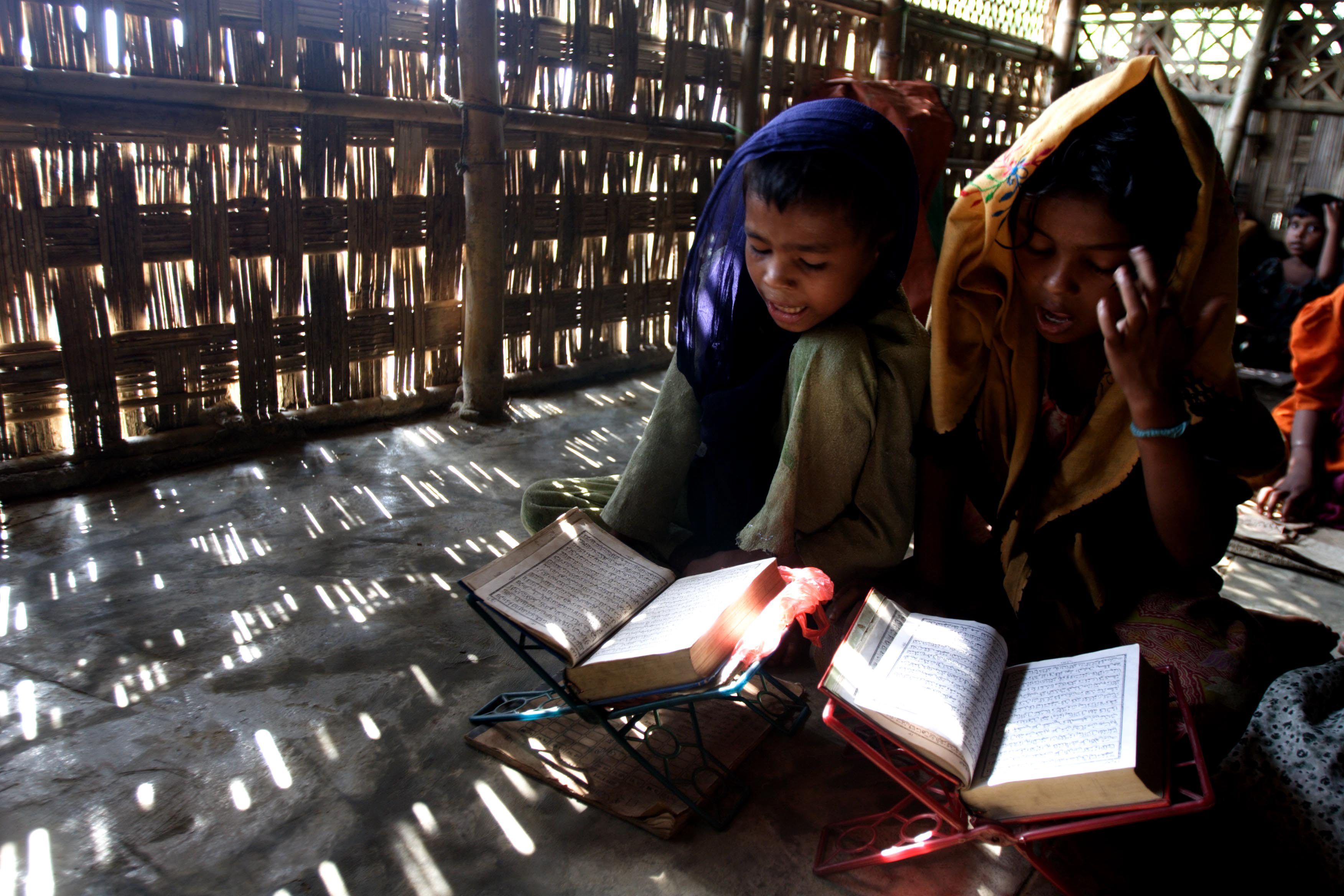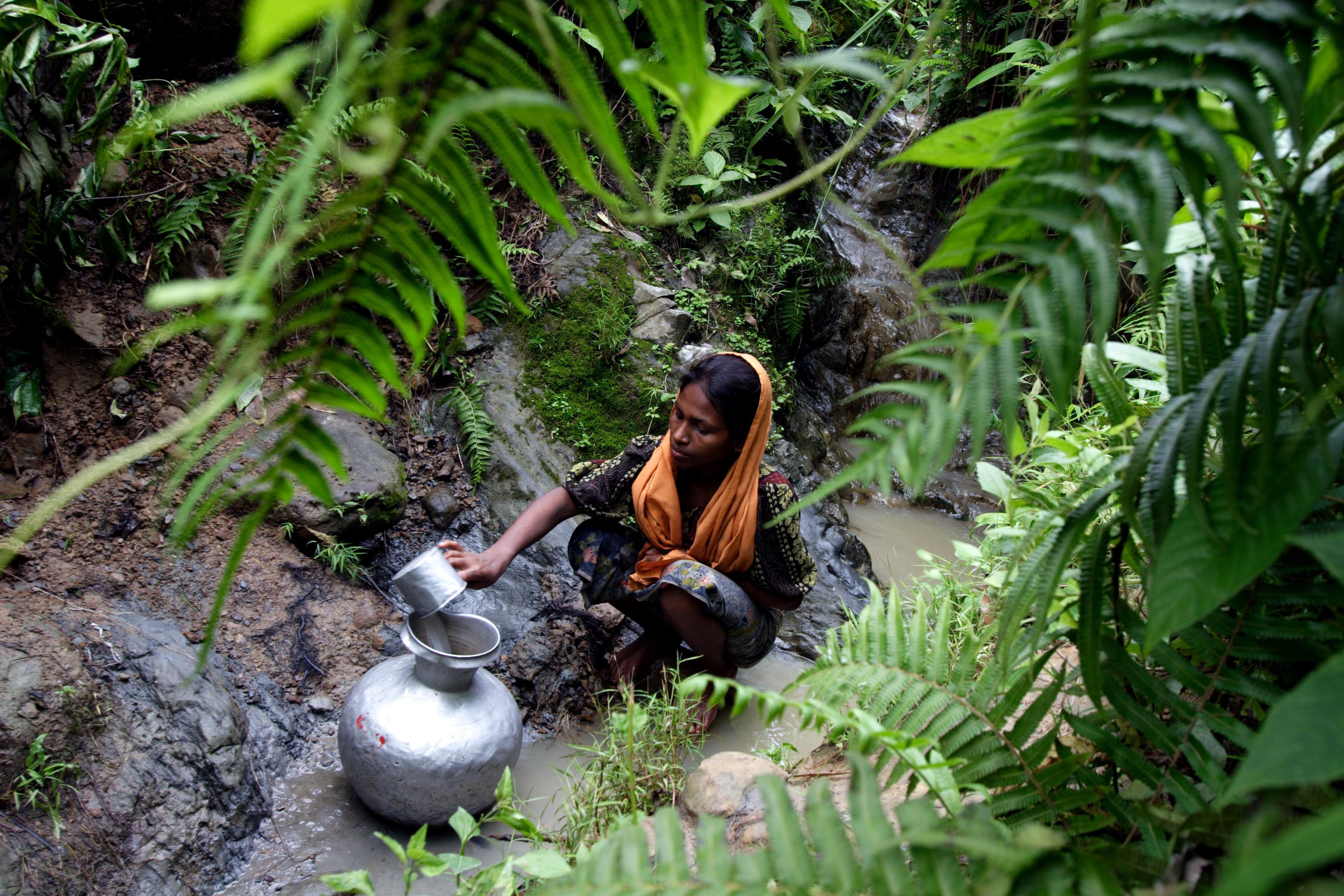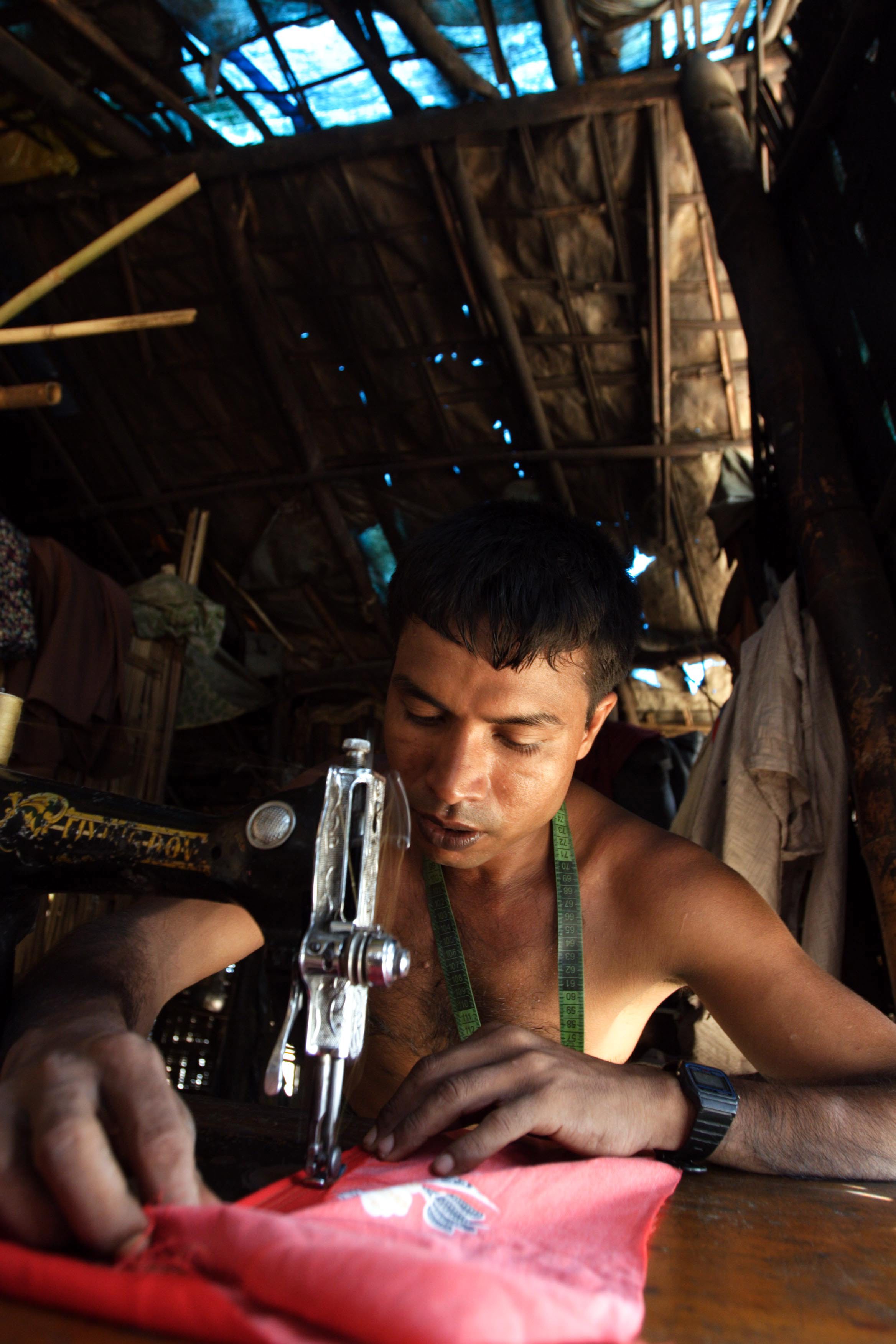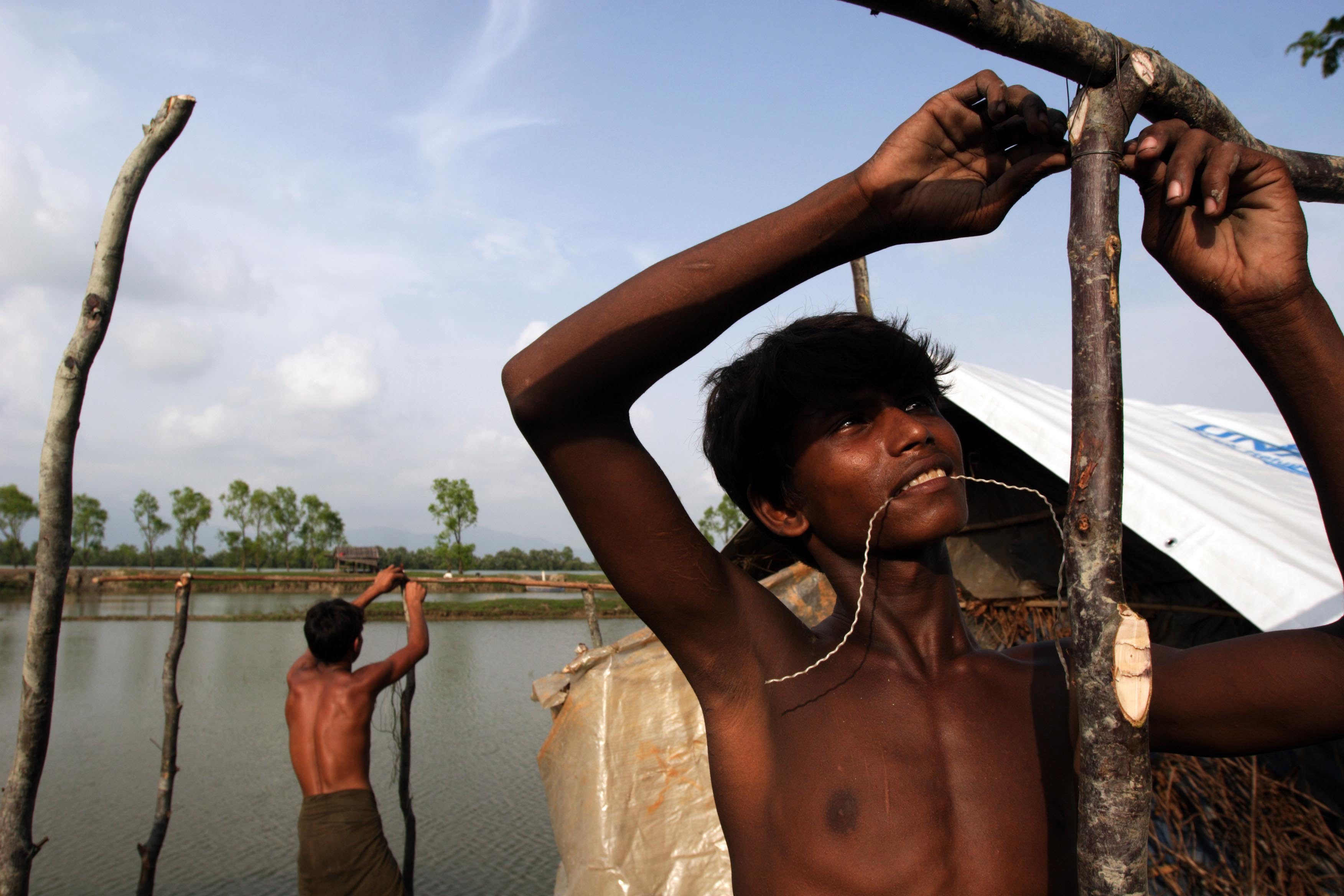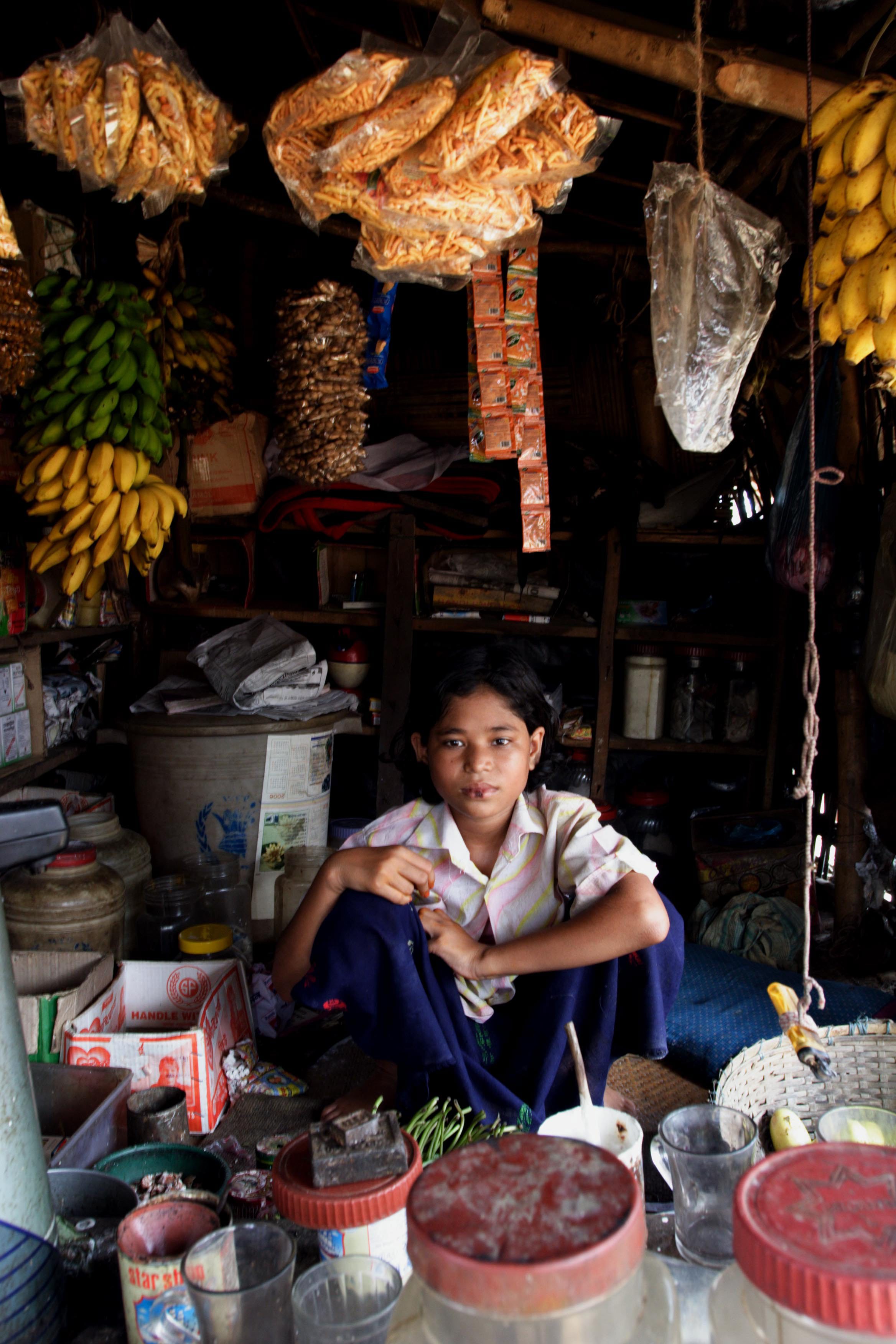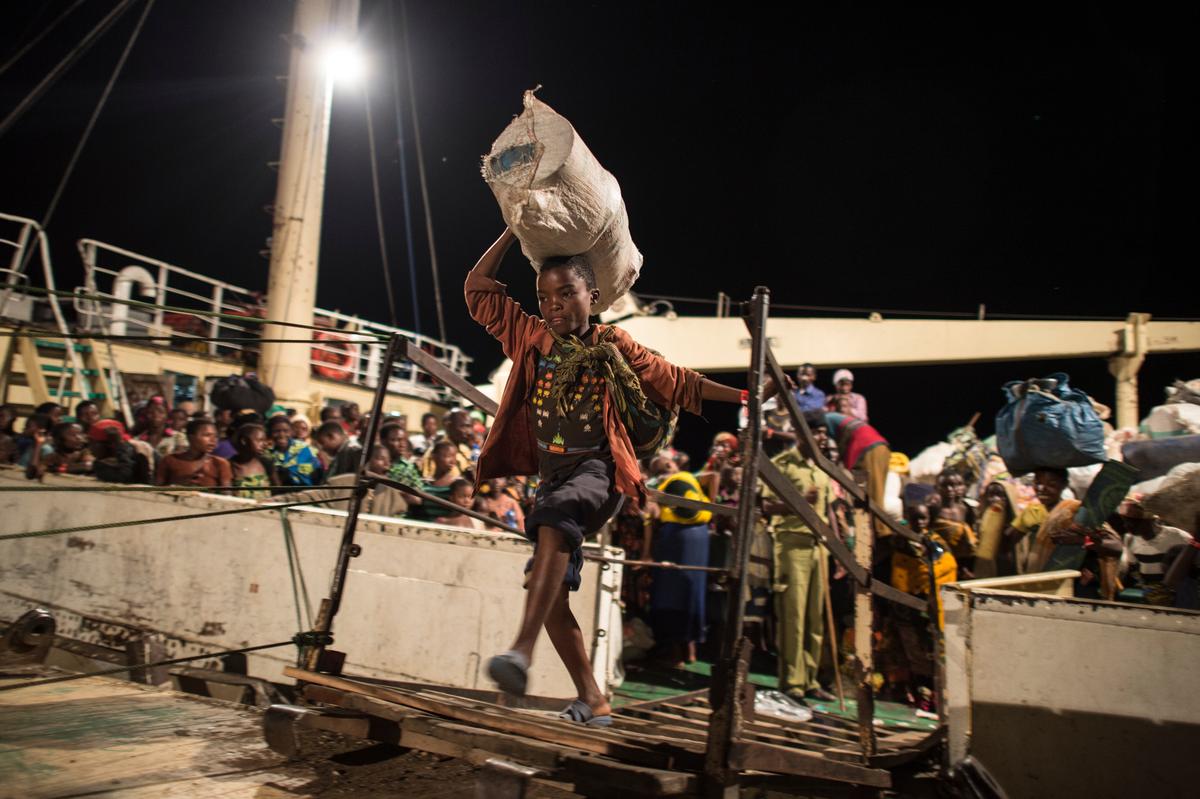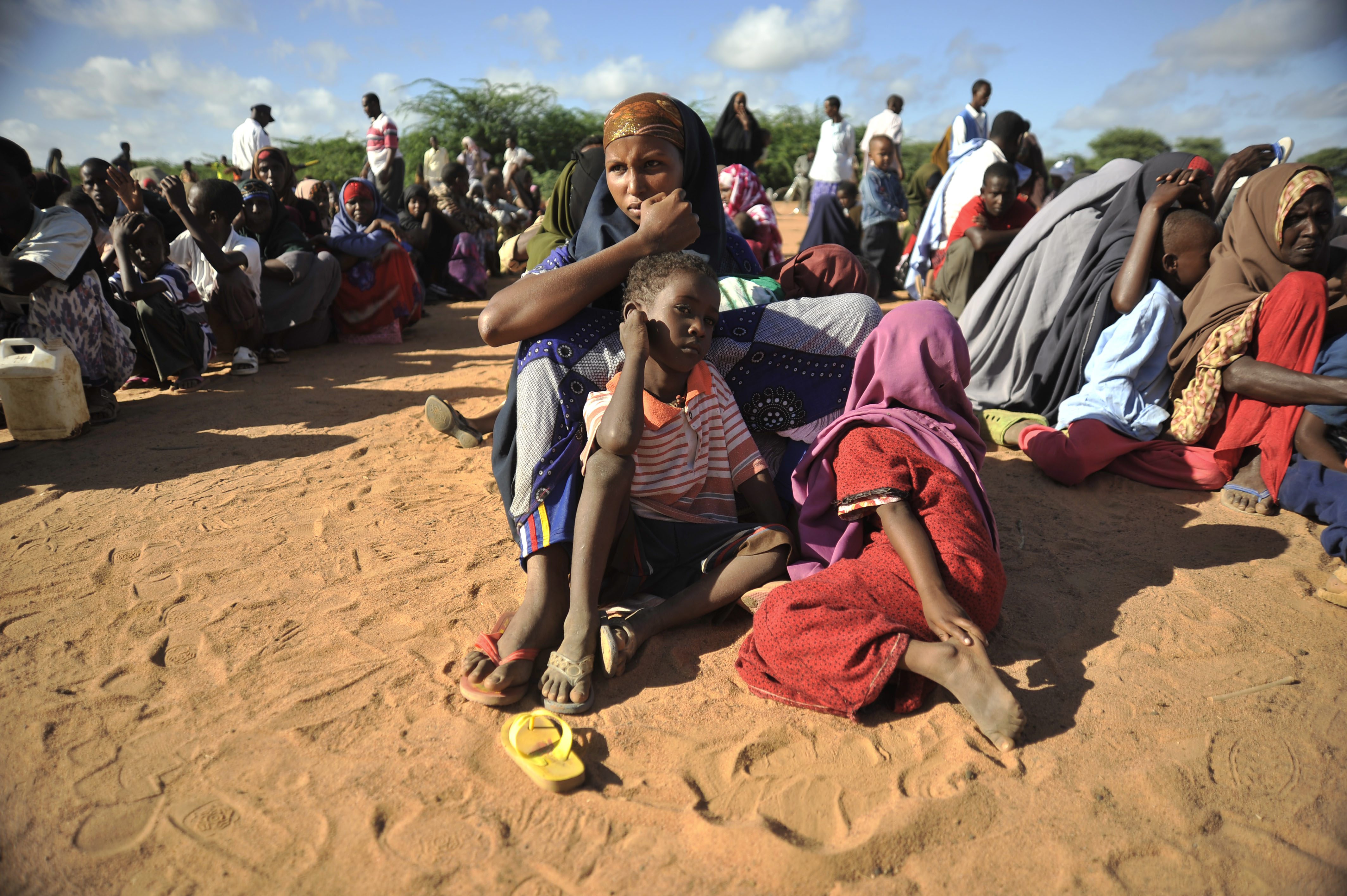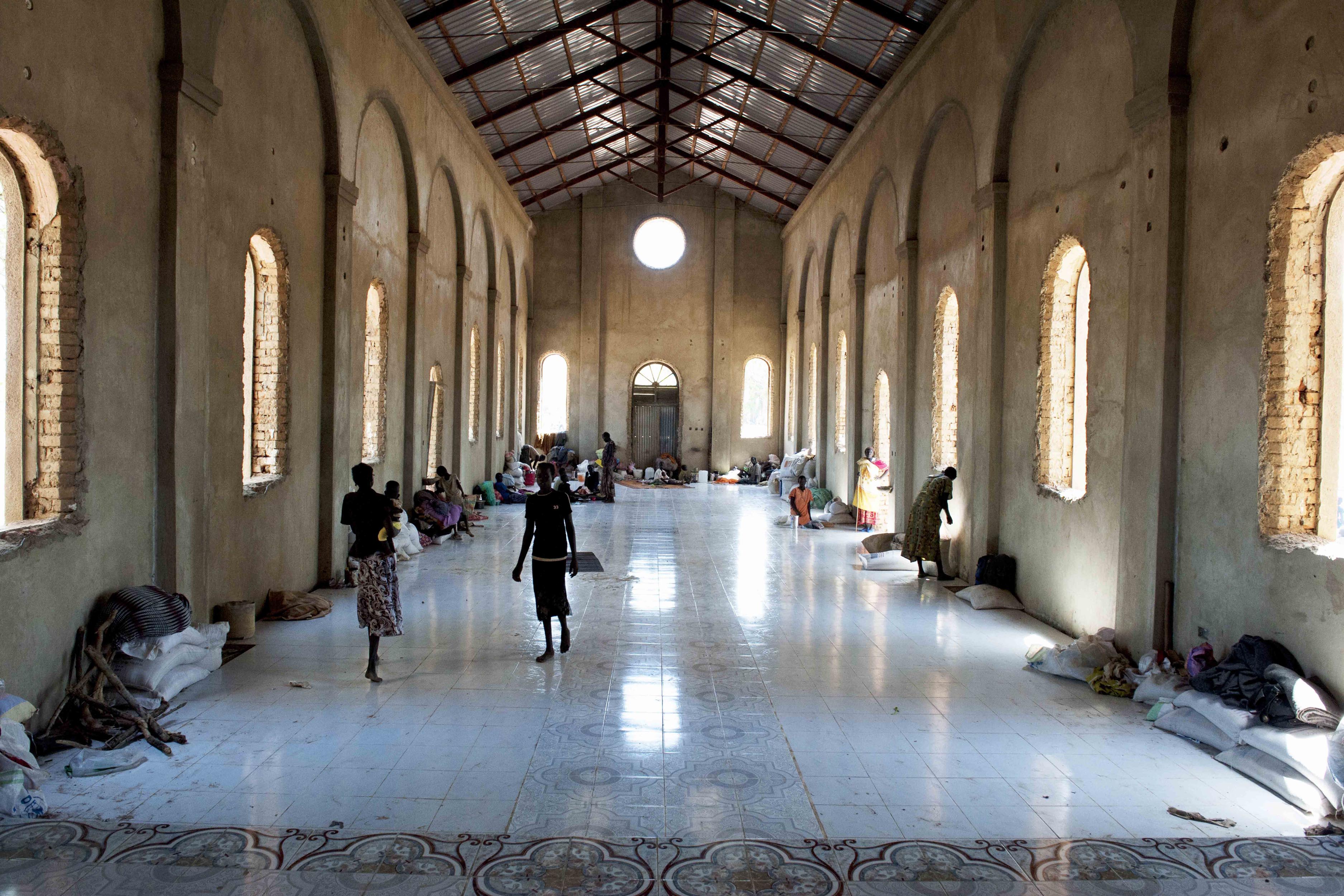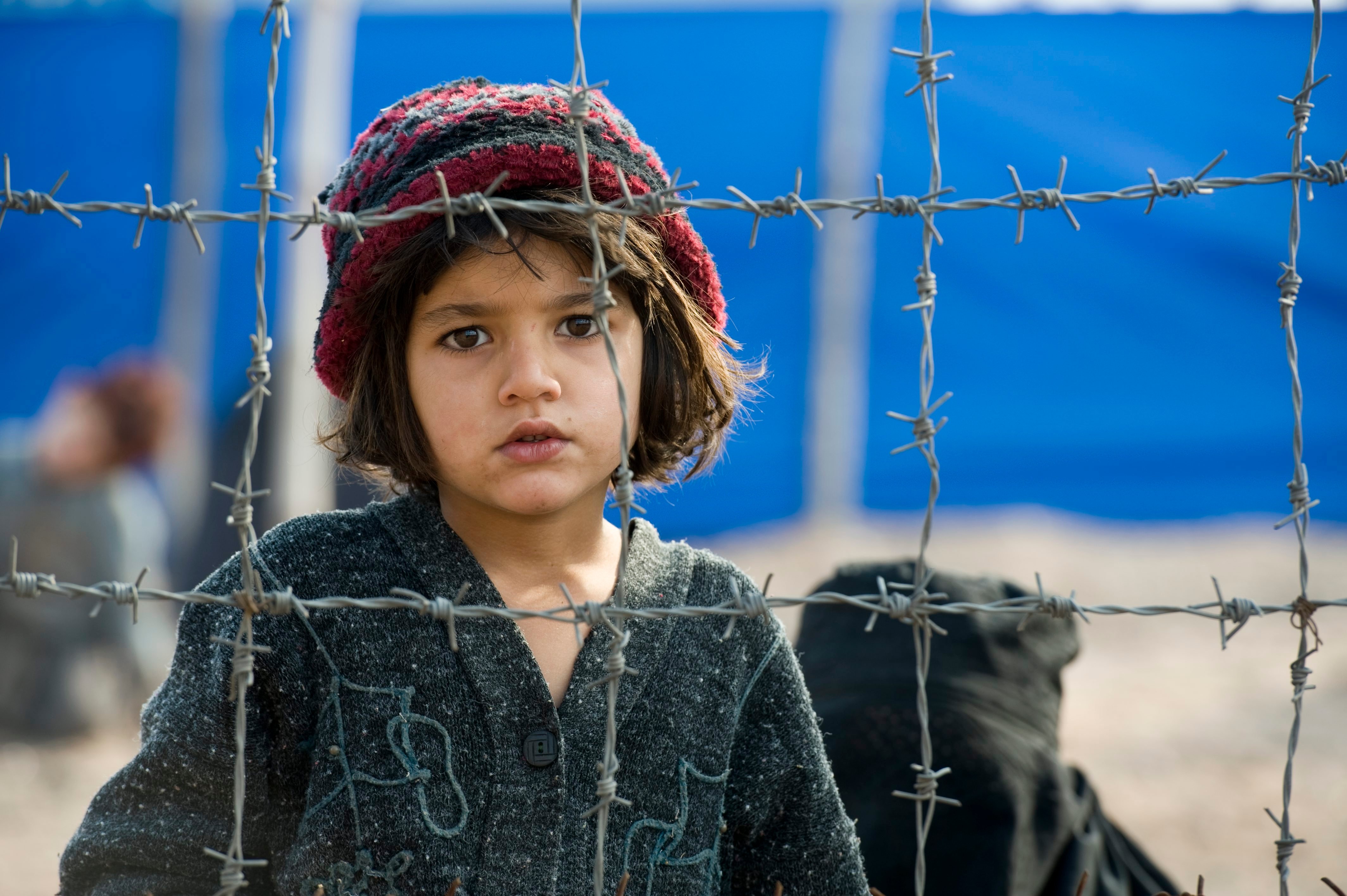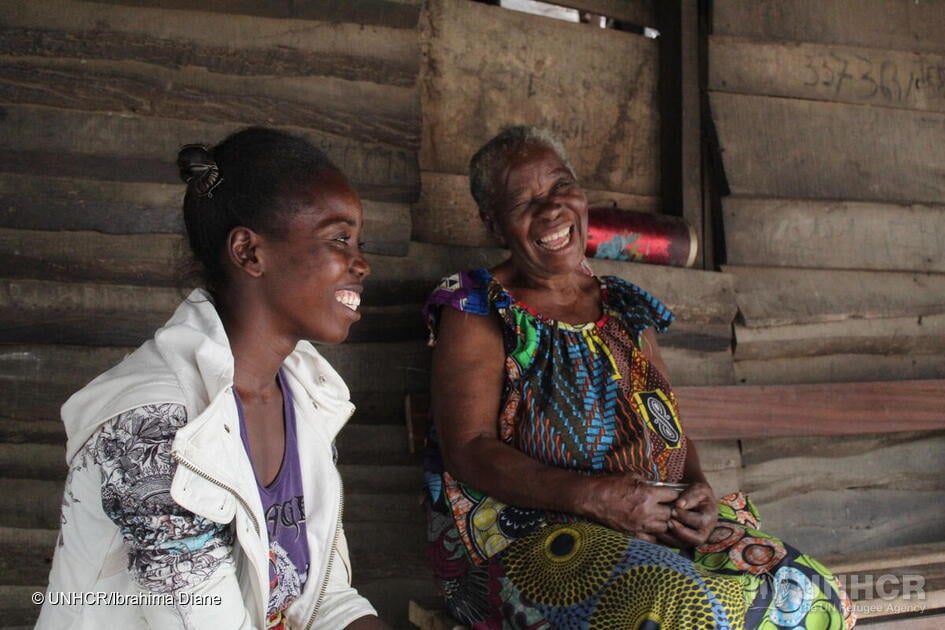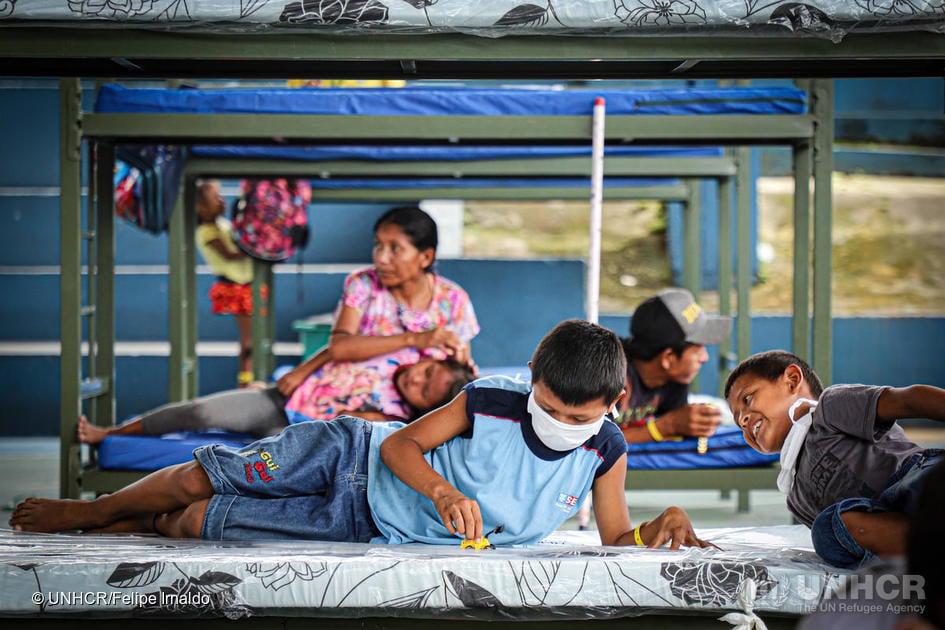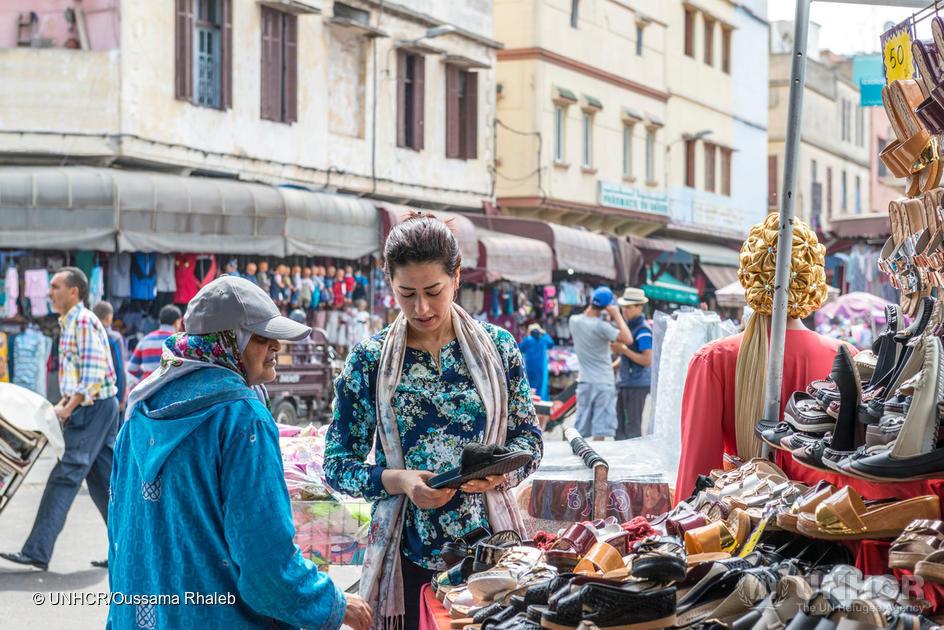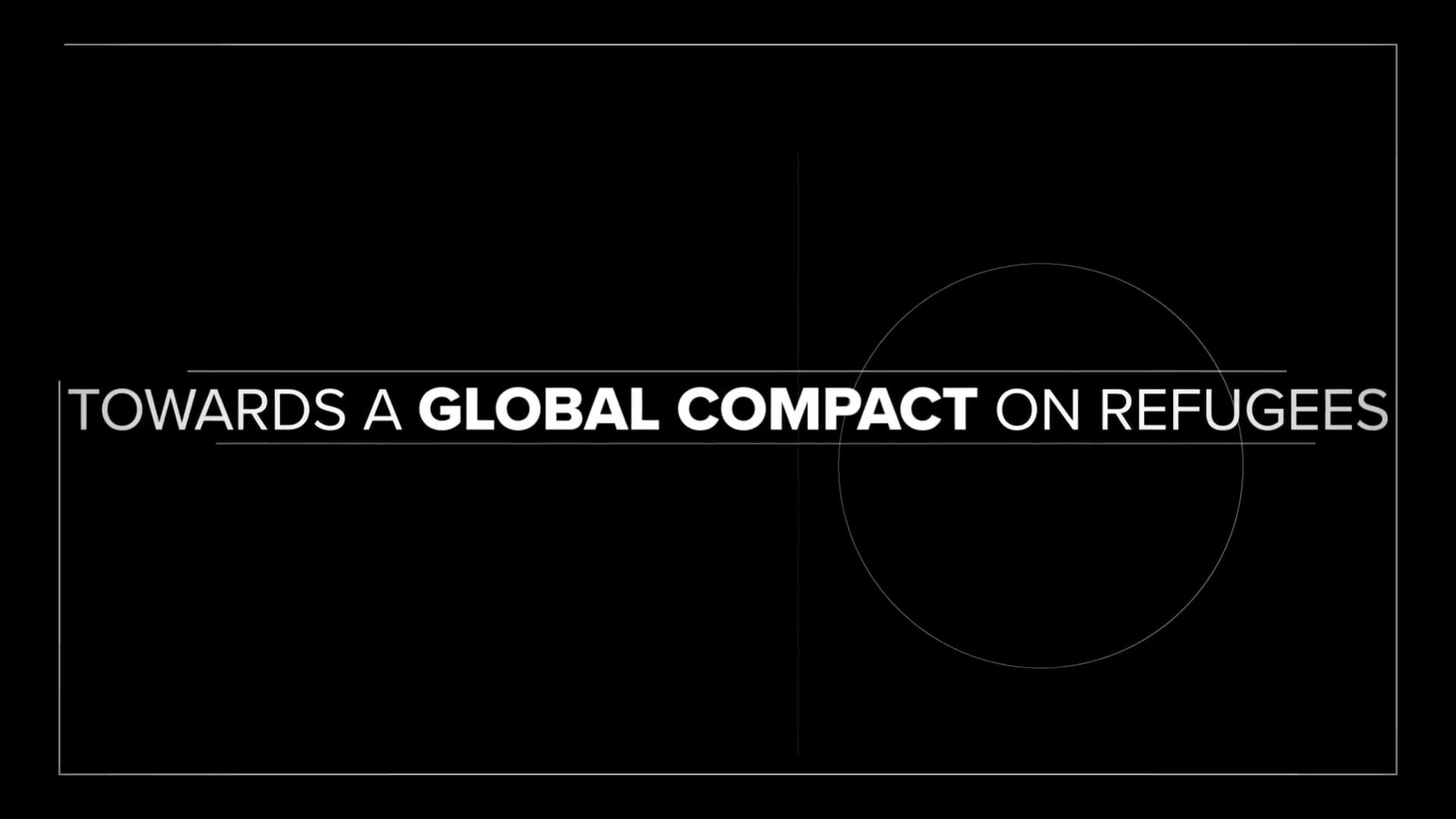High Commissioner's Dialogue on Protection Challenges, 2008
High Commissioner's Dialogue on Protection Challenges, 2008

The 2008 meeting focused on protracted refugee situations and examined the challenges and opportunities for refugees and other stakeholders in camps, rural and urban contexts. The Dialogue moved forward discussions on the work that the UN refugee agency is pursuing in targeted protracted refugee situations under the auspices of a "Special Initiative on Protracted Situations." In particular, the Dialogue examined instruments that could critically affect and unlock protracted refugee situations. A concept paper outlining the key discussion points is available.
Two side events were organized. In one, an update was provided on UNHCR's follow-up of the results of the first Dialogue meeting last December. The second event provided the opportunity for a preliminary discussion on the challenges relating to refugees and asylum seekers in urban settings, an issue that will be the subject of further consideration in 2009.
Rohingya Refugees in Bangladesh
27 November 2006
In 1991, some 250,000 refugees from Myanmar’s Northern Rakhine state fled by boat and on foot to neighbouring Bangladesh, where they were sheltered in 20 camps in the Cox’s Bazar district. While the majority of these refugees eventually returned home, some 20,500 people &; mostly Rohingya, a Muslim minority ethnic group &; remain in two of the original camps.
Conditions in these camps are below standard, with many refugees living in overcrowded shelters in desperate need of repair. Frequent heavy rains inundate the area, further damaging shelters and spreading disease. Harassment and discrimination add to the plight of the Rohingya refugees, the majority of whom say that they do not want to return home until there is peace and democracy in Myanmar.
The UNHCR has expanded its routine protection monitoring in Cox’s Bazar to address the problems of sexual and gender-based violence as well as trafficking of women and children. The UN refugee agency continues to work with governments, other UN agencies and non-governmental organisations to try and find a durable solution for the Rohingya refugees.
Posted on 27 November 2006
A wide-ranging collection of UNHCR documents on the issue published since 1999.
High Commissioner's Dialogue 2008 Documents
Read the report, "Protracted Refugee Situations: High Commissioner's Initiative"
High Commissioner's editorial article.
Prime Minister of the United Republic of Tanzania
Standing Committee's 2008 report on Protracted Refugee Situations.

